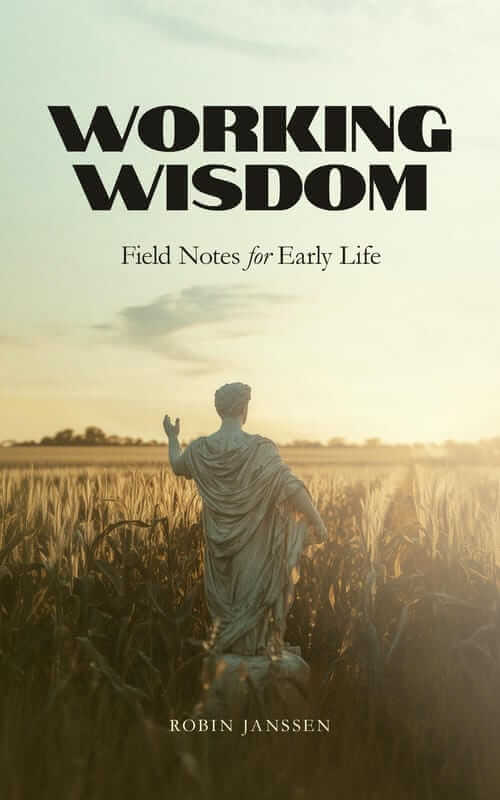Though you’re probably your life’s best biographer, you’re still an unreliable narrator.
Writing serves as a memory reservoir. It enables you to pool your thoughts, join the shifting versions of yourself across time, and surface a more resolved being. Past and present versions of you get to tell their side of the story, which can help you explicate deeply embedded and recurring thoughts. You can see past experiences and present actions snap together like magnets, why this tends to cause that.
Writing can help you construct a more coherent narrative of yourself (and your self-development). It can also remind you of your enormous capacity for change.
Making writing a habit pushes you to be more playful and attentive as you walk this earth. Writing becomes a perfect excuse to do something off-kilter, to experience and document something new.
If you’re wired a certain way, writing can produce exactitude and truth. Not writing creates unfettered chaos.
“The paper has to function as a secondary memory to pool us together; it will end up knowing more of who we are than we ourselves can actively bring to mind in the moment.”
~Alain de Botton, How to Think More Effectively (Book)
“He is forever trying to describe this place and resorting to generalizations about beaches and plant life.”
~Emily St. John Mandel, Station Eleven (Book)
“I reentered the cave to stoke the fire, curling up beside it for warmth, but I could not sleep without proper covering and instead spent the rest of the night rewriting lost arguments from my past, altering history so that I emerged victorious.”
~Patrick deWitt, The Sisters Brothers (Book)
